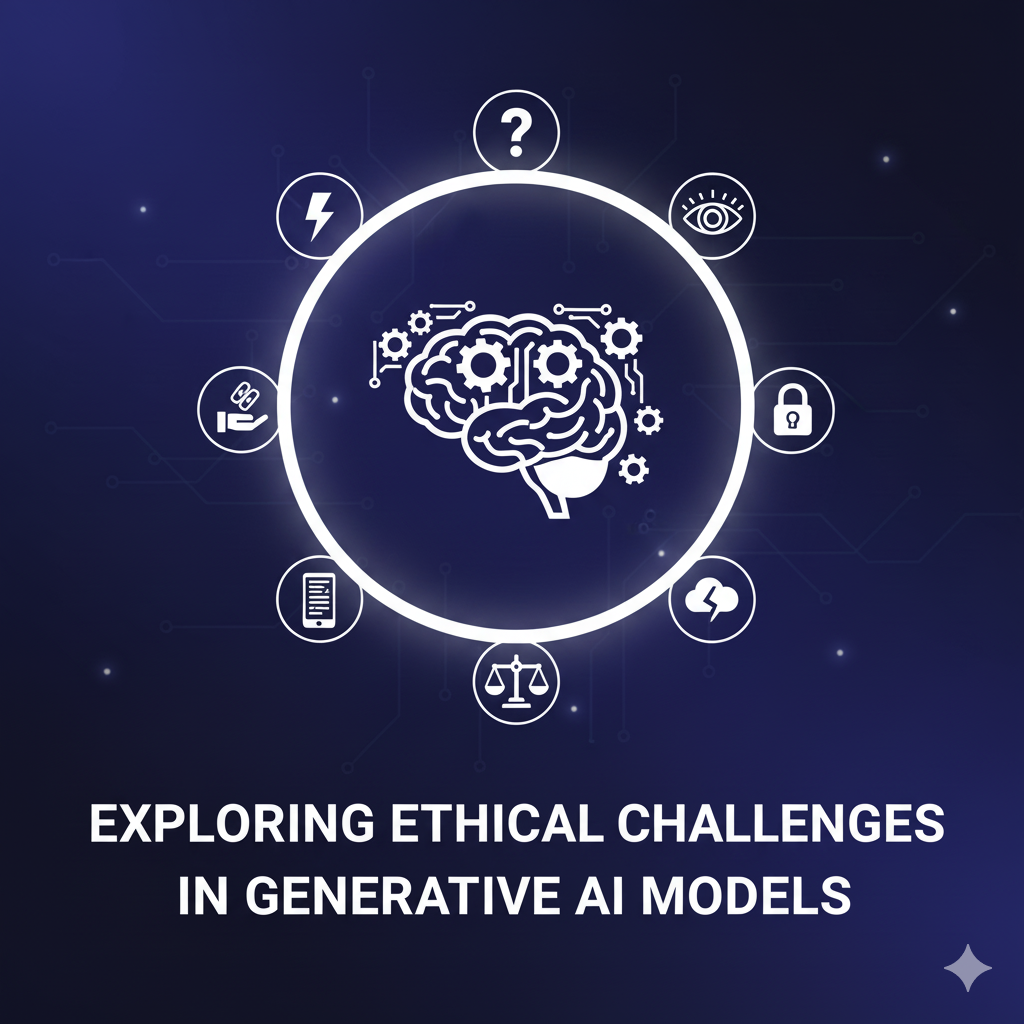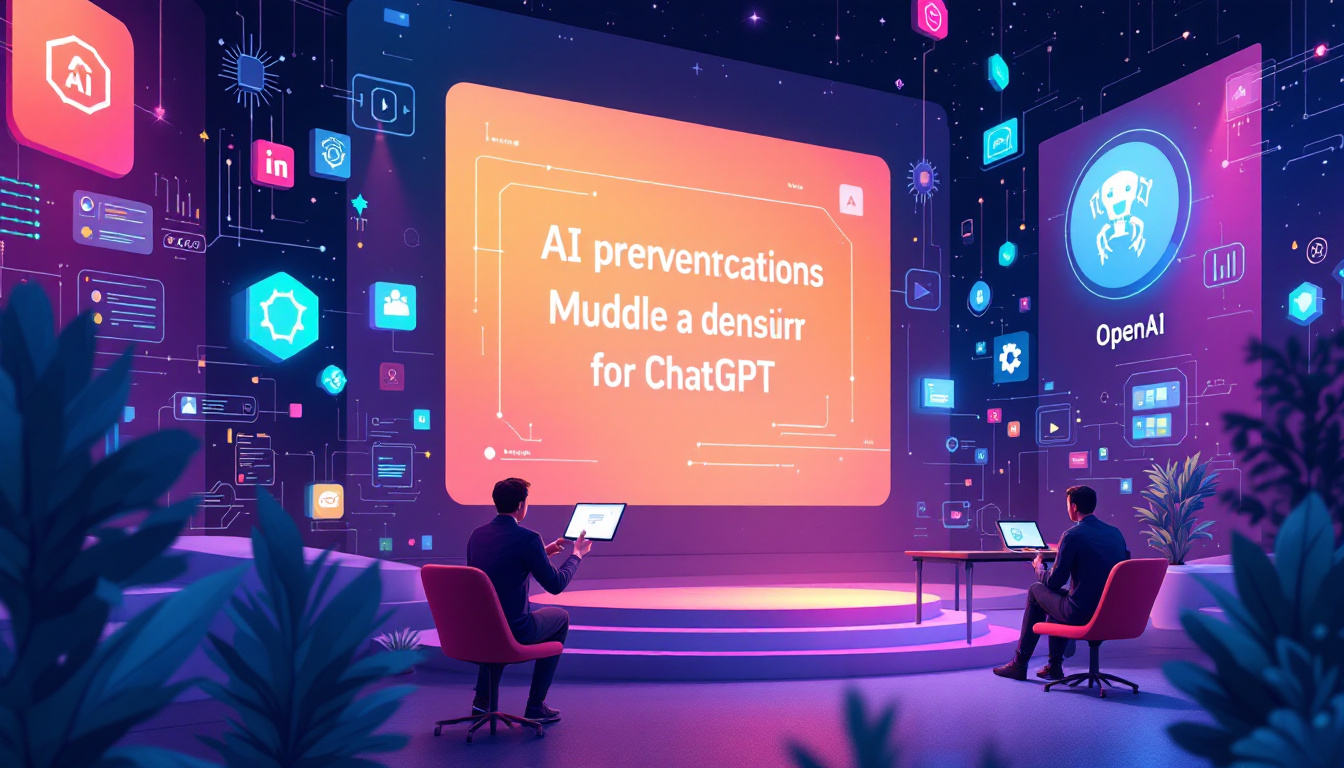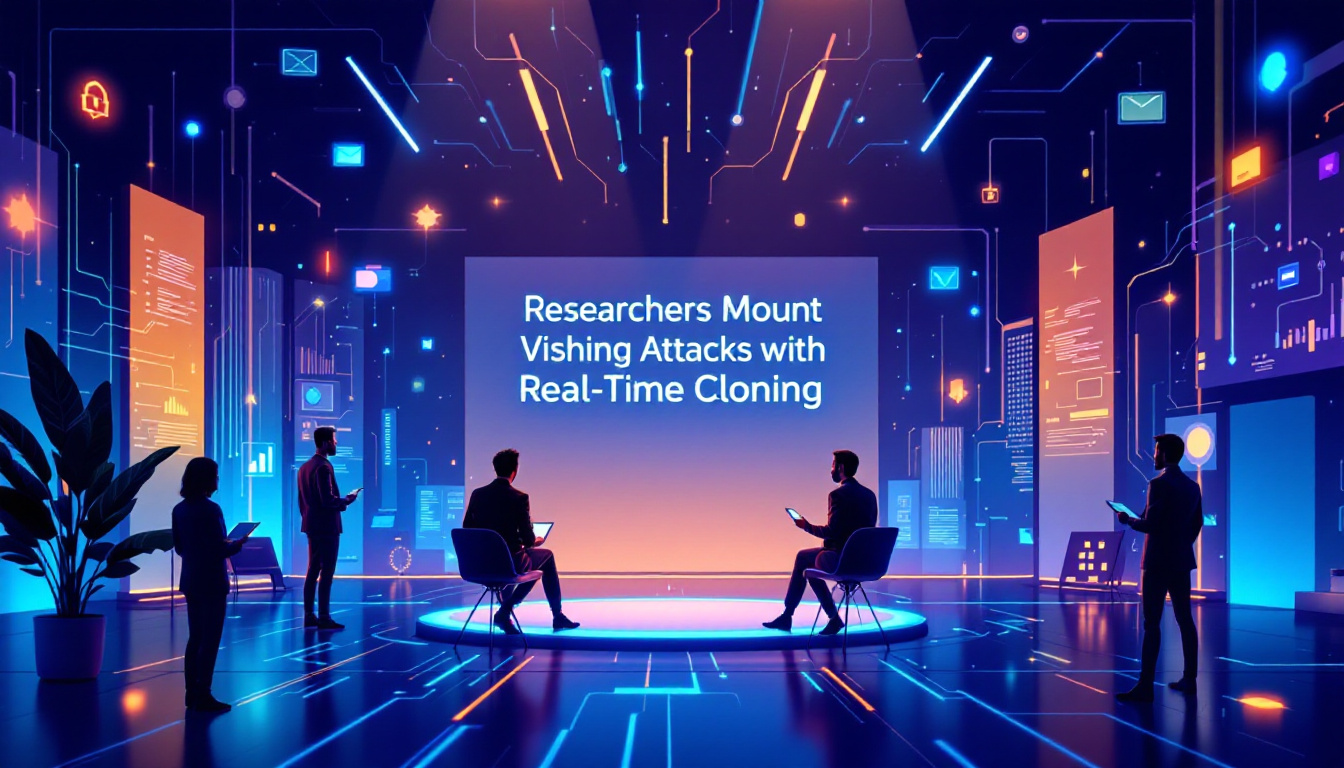Exploring Ethical Challenges in Generative AI Models
Generative AI models, such as GPT and DALL-E, have revolutionized the way we approach creativity, automation, and problem-solving. However, their rise has also sparked critical conversations about ethics. In this blog, we’ll dive into the most pressing ethical challenges associated with generative AI and discuss potential solutions.
What Are Generative AI Models?
Generative AI models are algorithms designed to produce new content, mimicking human-like creativity. They can generate text, images, music, code, and more by analyzing vast datasets. Popular examples include OpenAI's GPT for text generation and DALL-E for image synthesis.
Ethical Challenges in Generative AI
1. Bias and Discrimination
Generative AI models learn from existing datasets, which often contain biases. As a result, these biases can be amplified in the AI's output, leading to discriminatory or harmful content. For example, AI-generated text may unintentionally reinforce stereotypes.
2. Copyright and Intellectual Property
AI models often generate content based on existing works, raising questions about copyright infringement. Who owns the rights to AI-generated content? Creators and developers face challenges in navigating intellectual property laws in this new landscape.
3. Misinformation and Fake Content
Generative AI can produce compelling fake news, deepfakes, and misleading information. This poses significant risks to trust in media, politics, and society. Detecting and combating misinformation requires robust countermeasures.
4. Privacy Concerns
AI models rely on personal data to improve their outputs, raising privacy concerns. Unauthorized use of sensitive data for training purposes can lead to ethical breaches and legal repercussions.
5. Accountability and Transparency
Who is responsible for the consequences of generative AI outputs? Lack of transparency in how AI models operate makes it difficult to assign accountability, especially when harmful outcomes arise.
Potential Solutions to Ethical Challenges
- Bias Mitigation: Developers must actively identify and address biases in training datasets. Incorporating diverse datasets and performing regular audits can help reduce discrimination.
- Copyright Frameworks: Governments and organizations should establish clear copyright laws for AI-generated content to protect creators and ensure fair use.
- Misinformation Detection: AI tools can be developed to identify and flag fake content. Collaboration between tech companies and regulators is key to curbing misuse.
- Data Privacy Compliance: Enforcing strict data privacy regulations, such as GDPR, ensures personal information is handled responsibly.
- Transparency Efforts: Developers should prioritize explainable AI models to improve transparency and foster trust among users.
FAQs About Ethical Challenges in Generative AI
What makes generative AI models prone to bias?
Generative AI models learn from existing datasets, which may contain historical biases. If these biases are not addressed during training, they can propagate in the AI's outputs.
How can users identify AI-generated misinformation?
Users should verify facts with trusted sources and use tools designed to detect AI-generated fake content. Educating the public about misinformation is also essential.
Are there ethical guidelines for generative AI?
While no universal guidelines exist, organizations like UNESCO and AI-focused nonprofits are working to develop ethical frameworks for AI development and deployment.
“Ethics is not a barrier to innovation—it’s the foundation for responsible progress.”
Conclusion
Generative AI holds immense potential, but its ethical challenges cannot be ignored. Addressing issues of bias, copyright, misinformation, privacy, and accountability is essential to harness its power responsibly. By fostering collaboration between developers, policymakers, and society, we can pave the way for a future where generative AI benefits everyone.



